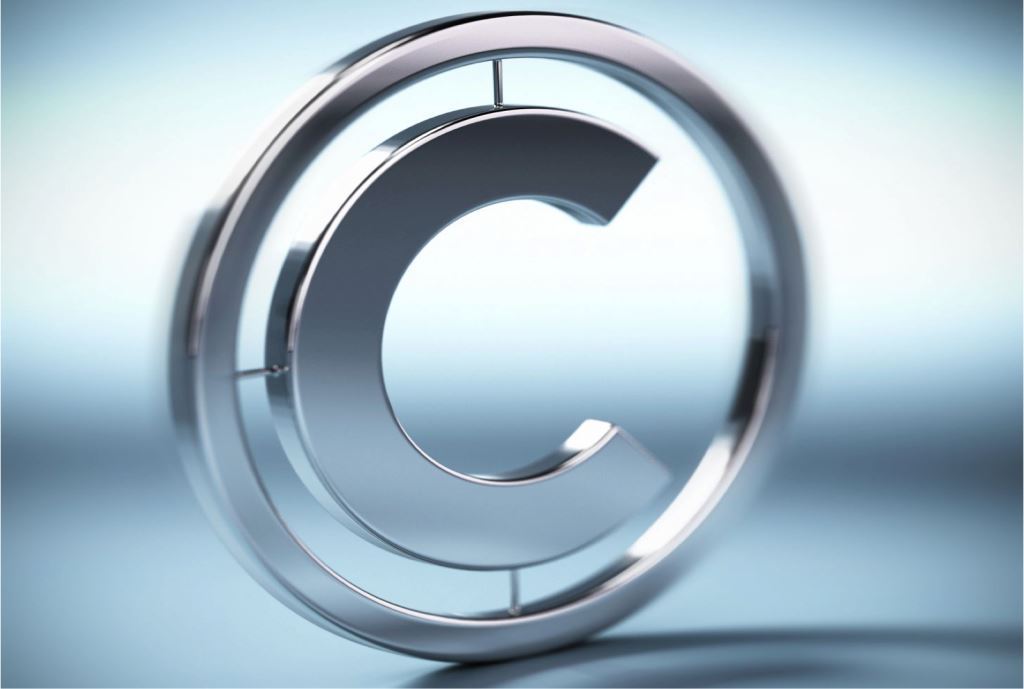Lawyer, graduated from the National University "Odesa Law Academy" with honors. Since 2017, I have been specializing in legal and educational and general legal issues. I am the author of legal articles, scientific publications and articles in the educational environment. Mentor of the "Veritas" legal clinic. The owner of the legal blog "Educational_law_ua" on Instagram.
Copyright protection for works is an important task for any creator. Copyright gives the author the right to control the use of their works and to protect them from unauthorized use. In this article our lawyers to say about this problem, we'll look at the basic steps and strategies for copyright protection.
1. Understanding copyright
The first, before proceeding to the protection of an author's work, it is important to understand what copyright is. Copyright is the author's right to his original works, such as literary, musical, artistic works, photographs, films, and other types of intellectual property. This right protects the author from using his work without permission.
2. Copyright registration
The second, registering a copyright is the first step to protecting your work. In most countries, copyright arises automatically when a work is created, however, official registration can help in the event of legal disputes. Consider registering your work with your national copyright office.
3. Use of licenses
A legal analysis of the documents by a lawyer suggests that if you want to give others the right to use your work, you can do so with a license. The license defines the terms of use of your work by others, such as the scope of permitted use, territory, validity period, etc. Using a license helps you maintain control over your work.
4. Use of watermarks
Watermarks are an effective copyright protection tool, especially for photographs and other visual works.The watermark may contain the author's name or other information that certifies ownership. This can deter potential infringers from unauthorized use of your work.
5. Consult lawyers
If you discover a copyright violation, contact a lawyer specialized in the field of intellectual property. Lawyers can help you develop a legal strategy to protect your rights, including filing lawsuits and negotiating with infringers.
6. Establishing clear terms of use
If you post your work online, make sure you have clear terms of use. This may include guidelines for permitted and prohibited uses of your works. Clear terms will help avoid misunderstandings and ensure better protection of your work.
7. Monitoring and detection of violations
Regularly monitor the use of your works on the Internet and other sources. If you discover a violation, act quickly to protect your rights. You can contact lawyers or use automatic content monitoring tools. That is why you may need your own agreement for your work, and legal analysis of contracts by a lawyer or legal analysis of a contract or legal analysis of documents by a lawyer can help protect your rights.
Disseminating copyright knowledge to the public is also an important element of protecting your work. The more people understand the meaning of copyright and respect intellectual property, the less likely it is that your works will be infringed. Consider conducting awareness campaigns or participating in educational programs to raise awareness of the importance of copyright.
Conclusion
Copyright protection is an important part of protecting your intellectual property. Understanding the basic principles of copyright and using effective strategies will help you maintain control over your works and protect them from unauthorized use. Don't be afraid to turn to experts and take steps to ensure legal protection of your work.





























